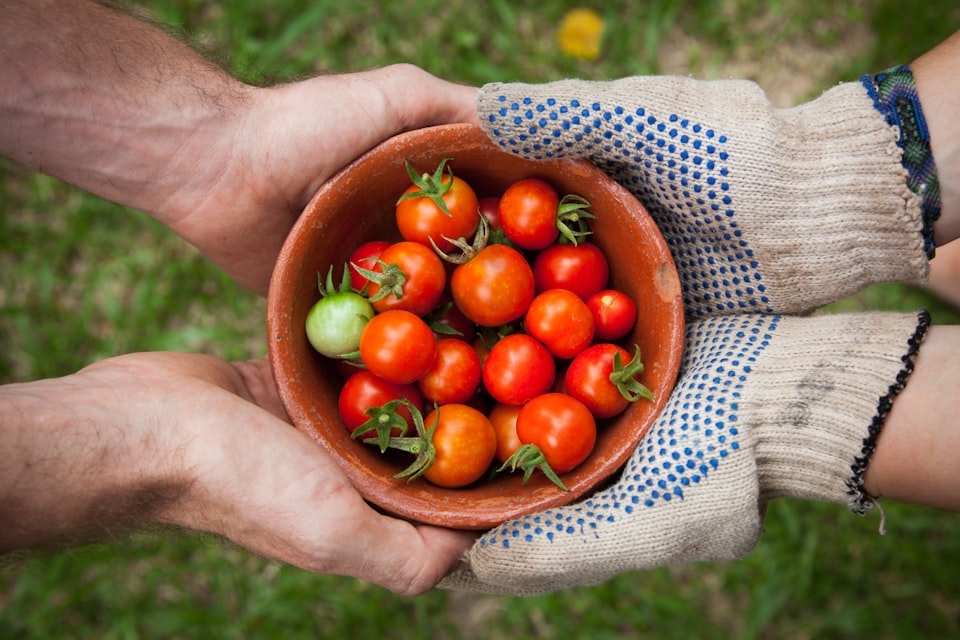The term currency traditionally refers to money used in a country in exchange for goods and services. However, we can think of currency as something that can be earned and spent in exchange for something. The idea of currency as a concept came to me this week, and it got me thinking. Many currencies exist in life, like time, energy, trust, knowledge, etc. All of these can be spent and earned. At several levels of difficulty, these currencies, just like money, are hard to earn and easy to spend.
I prefer using the word "spent" to "lose" because the inherent meaning of loss takes away responsibility from our hands. In contrast, spending puts the responsibility back on us. Most of the time, we are responsible for how we spend our currencies. Let's talk about them.
Time
Time is the ultimate currency, and how we spend our time is the single best indicator of our life's direction. The time spent varies depending on the activity, but the amount of time spent (quantity) and the quality of time spent on an activity shows outward enormously. Often, a person's identity is tied to how they spend their time — a person is what they repeatedly do.
Most important things in life, like habits, hard work, learning a skill, forming a relationship, building health, wealth, etc., essentially boil down to the quantity or quality of time spent. Yet, time is impossible to earn. Time doesn't know boundaries, cultures, rich, poor, happy, or sad. Time is universal yet merciless. Every entity on this planet has only 24 hours a day, and time is the ultimate currency upon which other currencies are built.
In personal finance, young adults are referred to as "time-rich" because they relatively have a lot of time ahead in their lives to save, invest, and grow their wealth. Borrowing that term into our narrative here, we should start thinking about how to be "time-rich," the aim not being to earn more time but to spend time consciously. Financial terms like expenditure, frugality, and investment also apply to time. Let's be conscious of how we spend our time, for it is the one thing we cannot earn back. Time could be our best friend or worst enemy, based on how we spend it.
Trust
The second vital currency is trust. Once spent, it is almost impossible to earn back. In times when it is possible, it takes a lot of time, energy, and emotional maturity to earn back. Trust is earned in minute quantities over a long time. It is a long-term business. Spending trust is tricky — sometimes, it is gradual, and sometimes you could spend all of the hard-earned trust in an instance. Trust is vital to personal, business, professional, and social settings. Anytime someone talks about things like leverage, impact, etc., they are talking about trust.
Overall, each time you embody good values, you earn a little bit of trust from your peers, and each time you make a mistake, you spend some trust. Your trust in your peers is the net effect of these long-term occurrences. Once again, like all currencies, most of our troubles can be avoided not by looking to earn more but by spending less.
Energy
When I refer to energy, I mean physical, mental, emotional, and all sorts of energy you can think of. Each time you go for a run, worry about your future, regret being angry, plan a trip, think of learning a new skill, play a sport or a video game, you spend your energy of some kind. Energy ties very closely with time, but energy is relatively lightweight. By lightweight, I mean that energy expenditures can be reversible to some extent, for lack of a better term.
For example, all of us worry about our future. We spend a lot of our energy just worrying. However, this is not a complete waste because it enforces a sense of responsibility and somehow leads us to action. But we mustn't worry too much and get stuck by not acting. Similarly, spending our energy on playing a sport or a video game is not a bad thing. They help us develop our skills in that area.
Knowledge
Each time you learn a skill, you earn some knowledge. Each time you use your skill, you most certainly end up learning more. You can see that this works differently. Knowledge is an excellent example of when you give more; you get more. The more you use your knowledge, the more you end up learning. Knowledge is a positive-sum currency where there is no downside to learning things. One thing that makes knowledge stand out is that while all the other currencies are limited and finite, knowledge is infinite. The pursuit of knowledge is a neverending thing, and it humbles us. The more you learn (earn), the more you get to know how much you don't know. Knowledge is power and a curse, as there is no triumph over it.
Final Thoughts
Each currency works differently, and everything has a cost. Most of these currencies, including money, can be traded with one another. You can spend time to earn more money (jobs), spend some energy to earn more knowledge (learning a new skill), spend knowledge to earn more money (jobs, creative endeavors), spend time to earn trust (quality time in relationships), spend money to earn more knowledge (courses, coaching), save money to earn more time (financial independence), etc. Beware of what you spend and what you earn. Once again, whatever your currency is, not losing unnecessary currency is far more important than looking to earn more. If you take anything away from this post, I hope it is this — we will be better off, not if we optimize for earning more, but if we optimize for spending less. Thanks for reading. Cheers!



